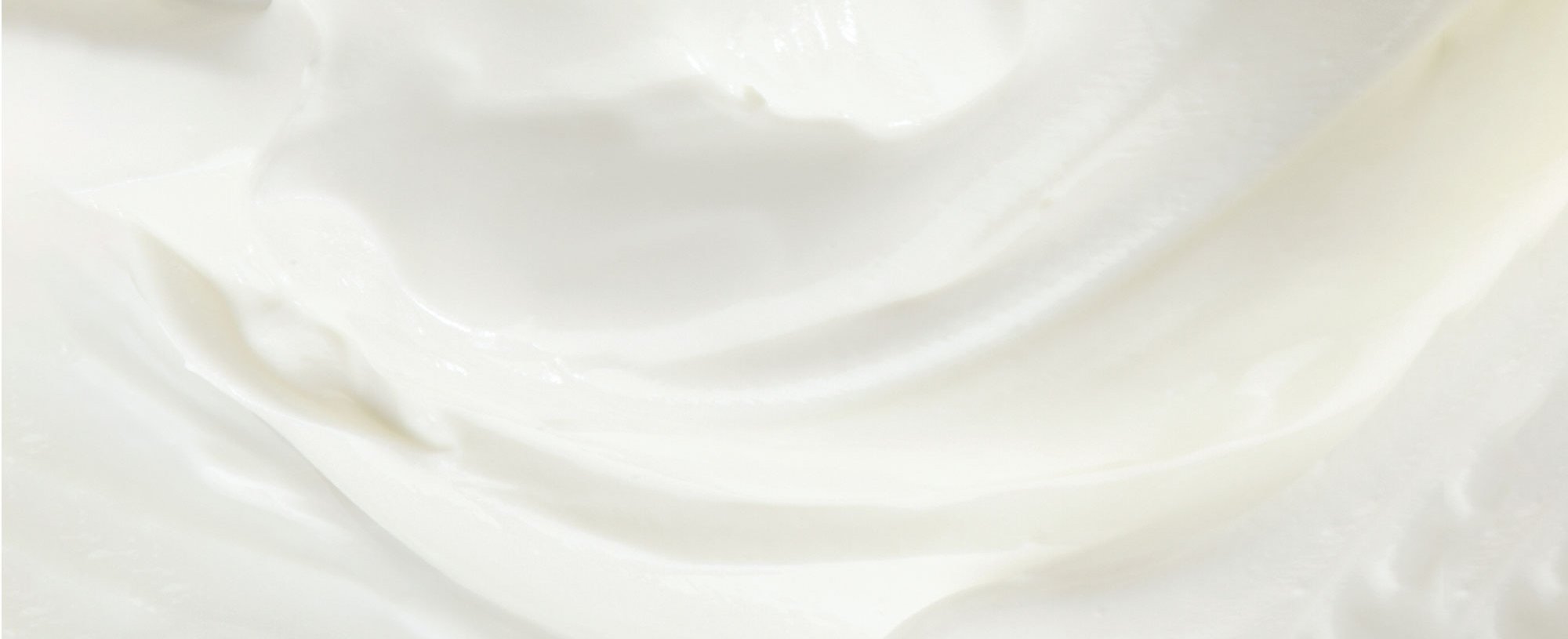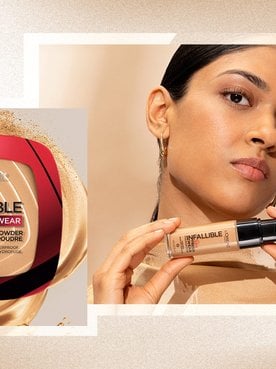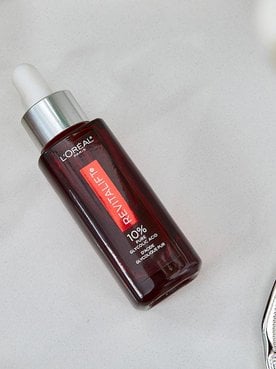Psoriasis, a common skin disease, can be quite debilitating thanks to its prominent and uncomfortable symptoms. Whether you’re concerned that you might have the condition or you’re just plain curious after hearing about it from your favorite reality television star, we’re sharing what you need to know about psoriasis. In this article, we’ll take a look at the research and address questions about this condition, including what psoriasis is, what it looks like, what can cause psoriasis, the difference between it and eczema, whether you can use home remedies for psoriasis, and more. There’s a lot of info, so let’s get into it!
WHAT IS PSORIASIS?
First things first, what is psoriasis? The American Academy of Dermatology (AAD) defines psoriasis as a condition that causes the body to produce new skin cells more quickly than normal—and more quickly than the body can properly shed them. In other words, psoriasis speeds up the life cycle of skin cells. There are different forms of psoriasis, including plaque psoriasis (the most common form), guttate psoriasis, and inverse psoriasis.
WHAT ARE THE SYMPTOMS OF PSORIASIS?
If you’ve ever wondered, ‘what does psoriasis look like?’ then here’s your answer: Psoriasis is easily spotted thanks to skin plaques, which are the most prominent symptom of the skin disease. Skin plaques form because the body is producing skin cells faster than they can be shed, which causes them to build up on the surface of the skin. When too many skin cells build up, it’s called a plaque or psoriasis patch, according to the Mayo Clinic. These plaques can range in size and are instantly recognizable. What does psoriasis look like? It presents as dry, cracked areas of skin that are itchy and red, purple, or even silver in color. These scaly plaques occur most often on the scalp, elbows, knees, and lower back, although the Cleveland Clinic states that they can occur anywhere on the body. Other psoriasis symptoms include swollen and stiff joints and cracked, pitted fingernails, per the Mayo Clinic.
IS PSORIASIS CONTAGIOUS?
One thing you don’t have to worry about with psoriasis is giving it to—or catching it from—a friend. According to the AAD, psoriasis is not contagious.
WHAT CAUSES PSORIASIS?
Unfortunately, the exact causes of psoriasis are unknown, although the condition tends to run in families which suggests that it may be, at least in part, genetic. Psoriasis is also a chronic condition without a cure, which means that people who have it generally have it for life, although skin flare-ups may come and go. However, even when you can’t visibly see any psoriasis patches, the disease is still there. As far as outbreaks go, scientists aren’t exactly sure what causes those, either. Some factors that could trigger an outbreak, per the Cleveland Clinic, include skin injury (like cuts or scrapes), emotional stress, and certain prescription medications (such as lithium and some beta blockers).
PSORIASIS VS. ECZEMA
If you think all of this sounds similar to eczema, think again—although they can look similar at onset, there is actually a big difference between psoriasis and eczema. Eczema, which is scientifically called atopic dermatitis, tends to occur in children, according to the AAD, and it appears most often in the crooks of the knees and elbows. While psoriasis patches can feel itchy, the itching caused by eczema is much more intense. Some of the symptoms can appear similar, however, and if you suspect you have either skin condition, you’ll want to make an appointment with a board-certified dermatologist.
WHAT ARE THE BEST PSORIASIS TREATMENTS?
When it comes to psoriasis, following home remedies just won’t cut it. As such, you’ll need to see a doctor and follow their prescribed treatment plan to a tee. Everyone’s skin is different, and there are many different types of psoriasis, so your doctor will be able to put together a custom treatment plan based on your individual needs.
HOW TO CHANGE YOUR SKIN CARE ROUTINE
In addition to following your doctor-prescribed treatment plan, after being diagnosed with psoriasis, there are a few other lifestyle tips that the AAD recommends following. First off, try to avoid skin injuries—even small nicks, cuts, and bug bites count. Second, never get sunburnt since even a mild sunburn can worsen your symptoms. Also, take care to moisturize your skin every single day, as often as it needs it. Lastly, as hard as it may be, try not to scratch your psoriasis since doing so can also make things worse.







